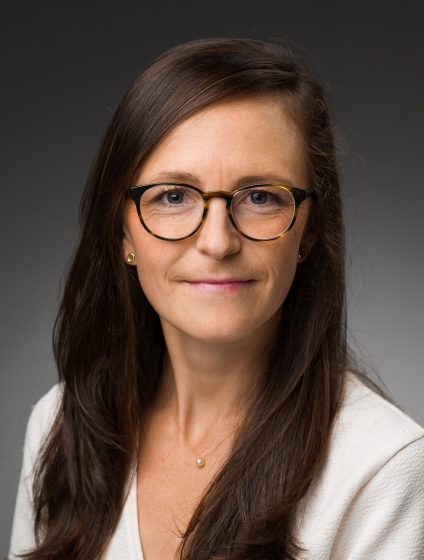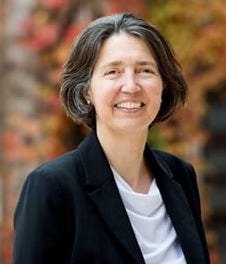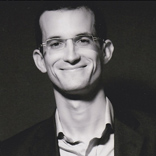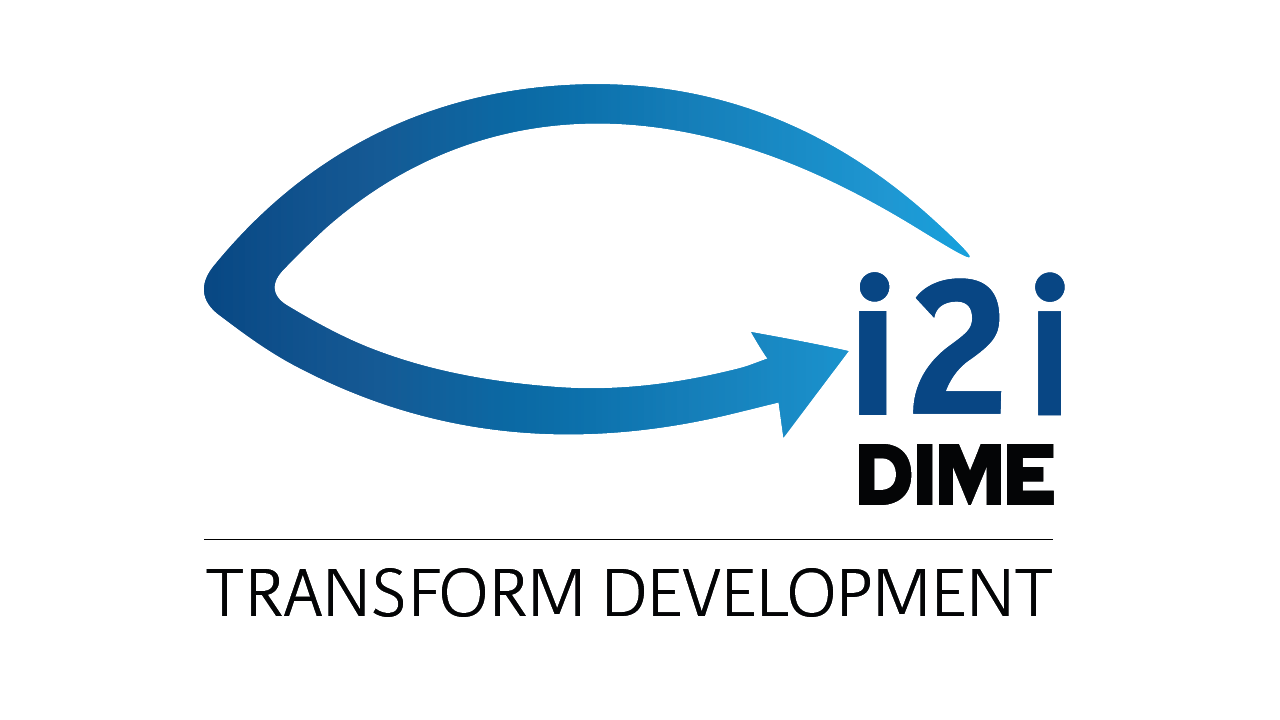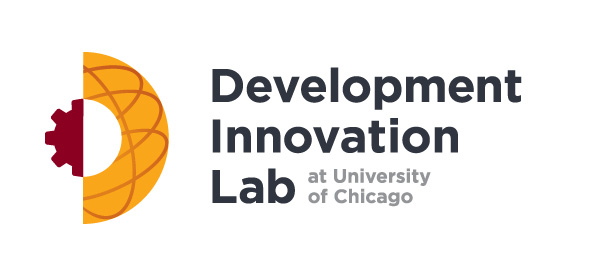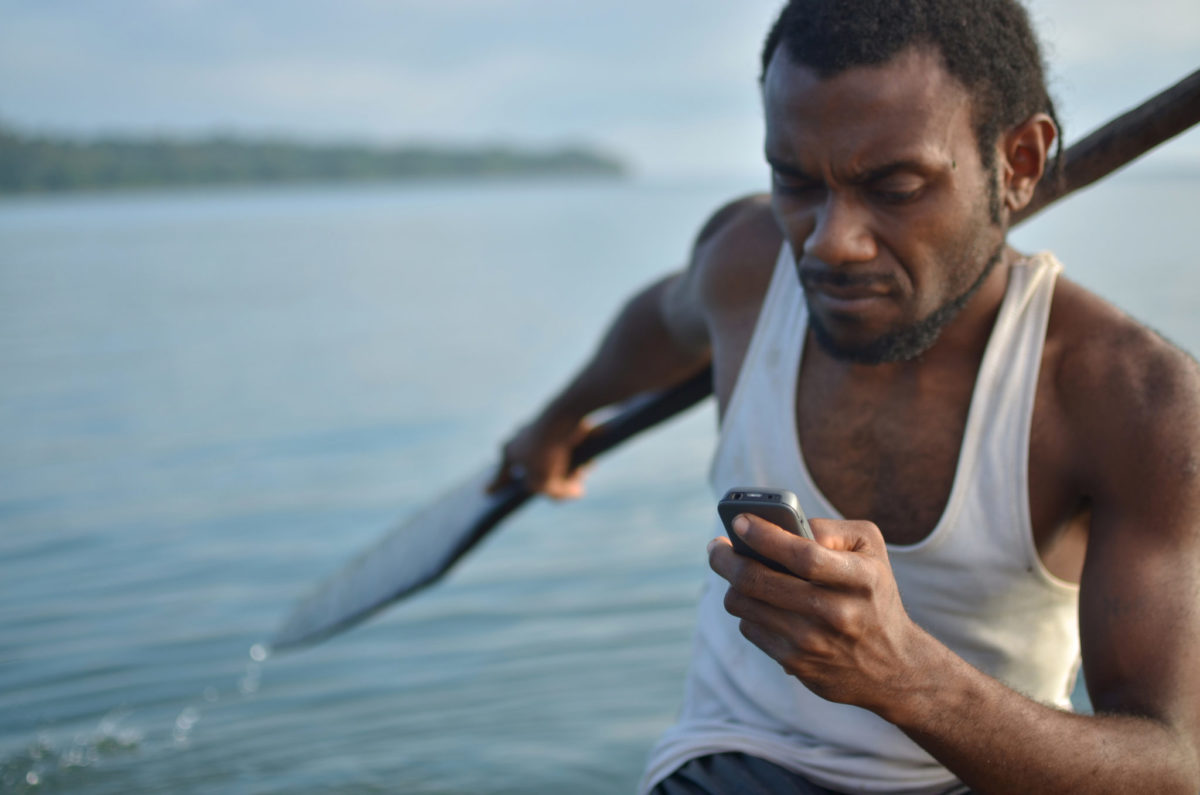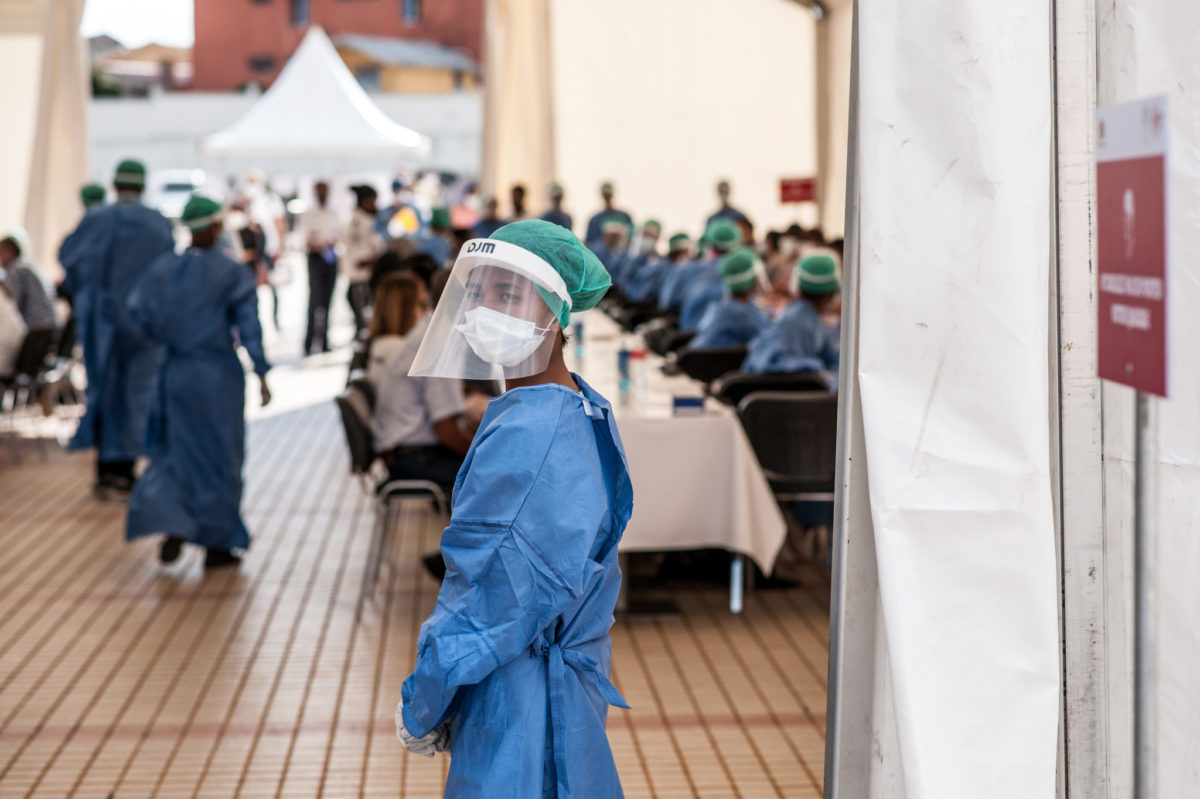Measuring Development 2023: Mitigating the Risks and Impacts of Climate Change
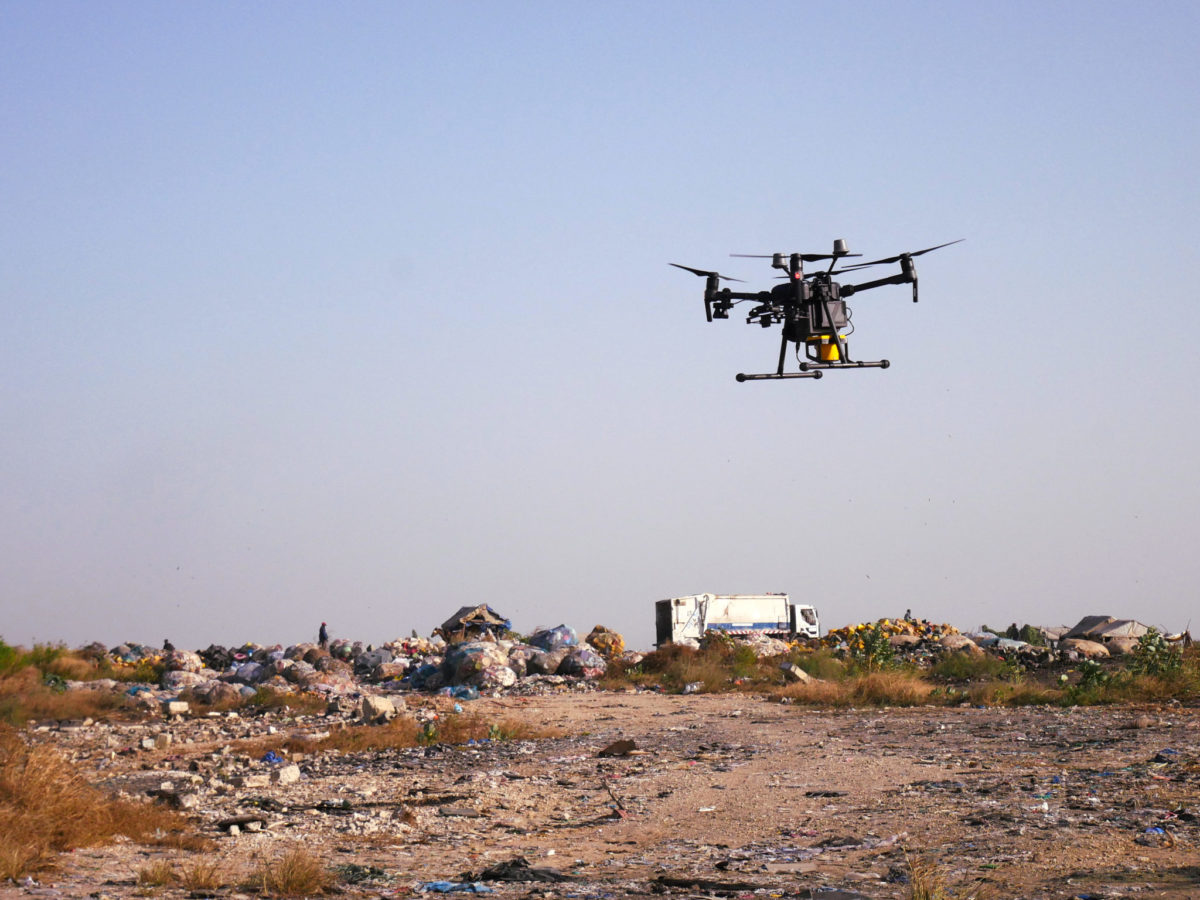
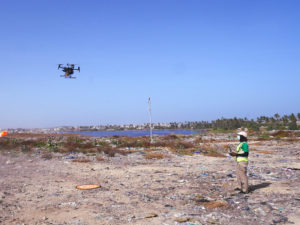
Human activity has caused precipitous increases in greenhouse-gas (GHG) emissions, resulting in a one degree warming of average global surface temperatures over the past century. As the planet responds to rising emissions, extreme weather events are expected to become more frequent, distressing both natural and human systems. Researchers and practitioners need innovative analytical tools and data sources to understand how to mitigate the risks and impact of climate change on welfare. COP27 ended with a compromise to create a fund sourced from developed countries to remedy climate change damages in low income and fragile contexts. This adds to the panoply of climate funds and financial tools geared toward broader action on climate change and the commitment of all development institutions to align their financing with the Paris Agreement. To make sure these investments maximize well-being and protect those who are most at risk, we need to assess not only what the damages would be and who would be most vulnerable, but also what mitigation and resilience strategies are most effective.
To this end, the Center for Effective Global Action (CEGA), the University of Chicago’s Development Innovation Lab (DIL), the World Bank’s Development Impact Evaluation Department (DIME) and Data Analytics and Tools Unit (DECAT) will host the ninth annual Measuring Development Conference (MeasureDev). The Mitigating the Risks and Impacts of Climate Change conference will convene researchers at the frontiers of physical and social sciences and decision-makers who influence humanity’s responses to the challenges of climate change. It will showcase innovative data sources and analytical techniques to better monitor emissions and appraise efforts to mitigate their consequences. MeasureDev will feature a series of presentations, panel discussions, and lightning talks on novel applications of mobile data, satellite imagery, remote sensing technologies, and the computational approaches to make sense of these data to provide more granular, frequent, and accurate insights regarding our changing climate and actions to respond. Participants will learn about the frontiers of measurement using these approaches and gain perspectives from leading academic and industry pioneers. Researchers, graduate students, practitioners, policymakers, and industry partners are all welcome to register their attendance using this form. We are excited to feature our keynote speakers below.
Agenda
Please find the full agenda to the event in this link.
| 8:30 – 9:00 am | Registration |
| 9:00 – 9:10 am
9:10-9:20 |
Welcome from Organizing Committee
Carson Christiano (CEGA) and Benjamin Krause (DIL) Opening remarks Arianna Legovini (World Bank) |
| 9:20 – 9:45 am | Keynote 1: How do we promote and scale innovation to tackle climate change? |
| Rachel Glennerster (University of Chicago) | |
| 9:45 – 10:45 am | Research Panel 1: Measurement Innovations for Adaptive Resource Governance
Chair: Urvashi Narain (World Bank) |
| Dieter Wang (World Bank) Peering through the clouds: How sustainability-linked bonds can leverage novel cloud-penetrating LULUCF data to protect the Amazon
Mohammed Basheer (Humboldt-Universität zu Berlin) Cooperative adaptive management of the Nile River with Climate and Socio-economic Uncertainties Kangogo Sogomo (UC Berkeley) Predicting Maize Yields at Large Scale Using Remote Sensing Paola Agostini (World Bank) Adaptive management of landscape and hydrology in Tajikistan with climate change mitigation and resilience impacts |
|
| 10:45 – 11:10 am | Coffee Break |
| 11:10 – 11:35 am | Lightning Talks 1: Integrating Geospatial Analysis Tools for Local Development |
| Empowering Communities in addressing Climate Change – Zanzibar, Tanzania
Kenneth Mubea (Digital Earth Africa) Measurement Support for Forest Communities in South America and Africa William Bewick (Nature4Climate/Reforestation Commons LLC) Burundi Hotspots Mapping: Climate and Conflict Nfamara K Dampha (University of Minnesota) |
|
| 11:35 – 12:20 pm | Research Panel 2: Measuring Risks and Responses to Information Provision
Chair: Hyoung Gun Wang (World Bank) |
| Samuel Seo (World Bank) Combining space-based, drone-based, and ground-based observations to characterize methane super-emissions from an unmanaged landfill in the Global South
Stefan Leeffers (University of College London) It Will Rain: The Effect of Information on Flood Preparedness in Urban Mozambique Jess Rudder (University of Chicago) Bundling Phone-based Weather Forecasts and Agronomic Advisory for Farmers in Pakistan |
|
| 12:20 – 12:45 pm | Break & Lunch pick up (catered) |
| 12:45 – 1:45pm | Lunch & Keynote 2: TBD |
| Tamma Carleton (University of California, Santa Barbara)
Stéphane Hallegate (World Bank) Moderator: Jennifer Sara (World Bank) |
|
| 1:45 – 2:45 pm | Research Panel 3: Predicting Vulnerability and Building Resilience to Climate Shocks
Chair: Ruth Hill (World Bank) |
| Ben James Brunckhorst (World Bank) A Quasi-experimental Study on the Welfare Impacts of Anticipatory Cash Transfers Delivered ahead of Extreme Flooding in Bangladesh
Garrett Albistegui Adler (University of Pennsylvania) Temperature, Conflict and Social Capital in Africa Erwin Knippenberg (World Bank) Droughts and Welfare in Afghanistan Sam Fraiberger (World Bank) Fine-grained Predictions of Food Crises from New Streams |
|
| 2:45 – 3:15 pm | Panel: The International Science Reserve (ISR) — Building Global Scientific Capacity for Crisis Response
Moderator: Trevor Monroe (World Bank) |
| Mila Rosenthal, Executive Director, International Science Reserve
Hendrik Hamann, Distinguished Researcher and Chief Scientist for Future of Climate, IBM Research Subhashree Mishra, Program Director, Facilities for Atmospheric Research and Education (FARE), National Science Foundation |
|
| 3:15 – 3:40 pm | Coffee Break |
| 3:40 – 4:10 pm | Lightning Talks 2: Measuring Climate-Related Costs |
| Using Geospatial Data to Estimate the Distributional Impact of the 2022 Pakistan Floods
Moritz Meyer (World Bank) Geospatial Analysis and Small-area Estimates of the Links between Child Poverty and Various Climate Risks Enrique Delamonica (UNICEF) CLASP’s Mepsy Appliance & Equipment Climate Impact Calculator Jiayi Zhang (CLASP) Causal Machine Learning for Forecasting the Effects of Weather Shocks on Conflict Joel Ferguson (University of California, Berkeley) |
|
| 4:10 – 4:55 pm | Research Panel 4: Climate Adaptation in Cities
Chair: Juha Ilari Uitto (Independent Evaluation Office of the Global Environment Facility) |
| Alejandra Mortarini (Institute for International Urban Development) AI Climate: A Decision-making Tool for Cities in the Global South
Bridget Hoffman (Inter-American Development Bank) Measuring the Impact of a BRT Project in Dakar, Senegal, on Air Quality Paolo Avner (GFDRR, World Bank) Value Creation Potential from Flood Mitigation Works in the Urban Area of Buenos Aires, Argentina |
|
| 5:00 – 7:00 pm | Hors d’Oeuvres and Refreshments |
